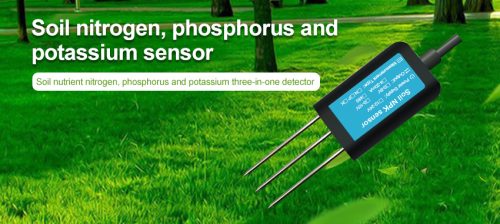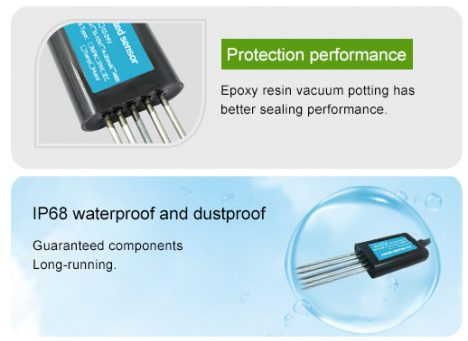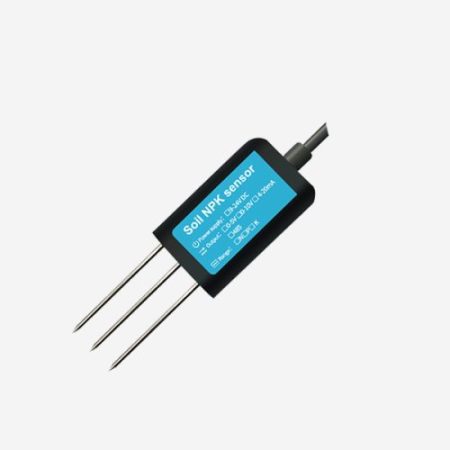Soil npk sensors play an important role in the field of agriculture and environmental science. By monitoring moisture levels in the soil, these sensors provide farmers, gardeners and scientists with important information about soil health, plant growth and climate change. This article will detail how to choose the right soil moisture sensor and the price of soil moisture sensors.

How to choose the right soil npk sensor
When choosing a soil npk sensor, you need to consider the following factors:

Measuring principle: Different soil nutrient sensors may use different measuring principles, such as capacitance, resistance and spectrum analysis. Select the appropriate measurement principle according to the actual need to ensure the accuracy and stability of the measurement.
Measuring range: Different soil moisture sensors have different measuring ranges. Select the appropriate measurement range according to the actual need to ensure that the moisture content in the soil can be accurately monitored.
Output signal: Different soil npk sensors have different types of output signals, such as analog output, digital output and so on. Select the appropriate output signal type according to the actual need to meet the needs of the system.
Durability and stability: Select soil nutrient sensors with good durability and high stability to ensure the accuracy of long-term continuous monitoring.
Installation and maintenance: Consider the convenience of installation and maintenance, choose the soil moisture sensor that is easy to install and maintain.
Price: Consider the price of soil moisture sensors according to the actual budget to ensure that the right sensor is selected within the budget.

The price of soil npk sensor
The price of soil npk sensors varies depending on factors such as brand, specification, performance and quality. Generally speaking, the higher priced sensors have higher measurement accuracy, wider measurement range and better stability. Here are some factors that affect the price of soil moisture sensors:
Brand: Soil moisture sensors of well-known brands usually cost more than those of common brands, but may have better performance and quality assurance.
Specification: Higher specification soil moisture sensors usually have higher measurement accuracy and wider measurement range, so the price will be higher accordingly.
Performance: Higher performance soil moisture sensors usually have better stability and durability, and are therefore more expensive.
Quality: Higher quality soil moisture sensors usually have more accurate measurements and more stable performance, so the price will be higher accordingly.
In short, when choosing a soil moisture sensor, you need to make comprehensive consideration according to the actual needs and budget. Choosing the right soil moisture sensor can improve the accuracy and stability of monitoring and provide strong support for research and practice in the field of agriculture and environmental science.
